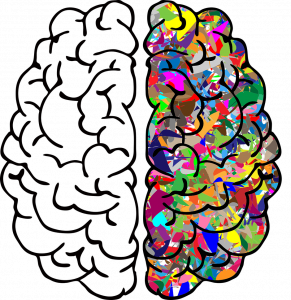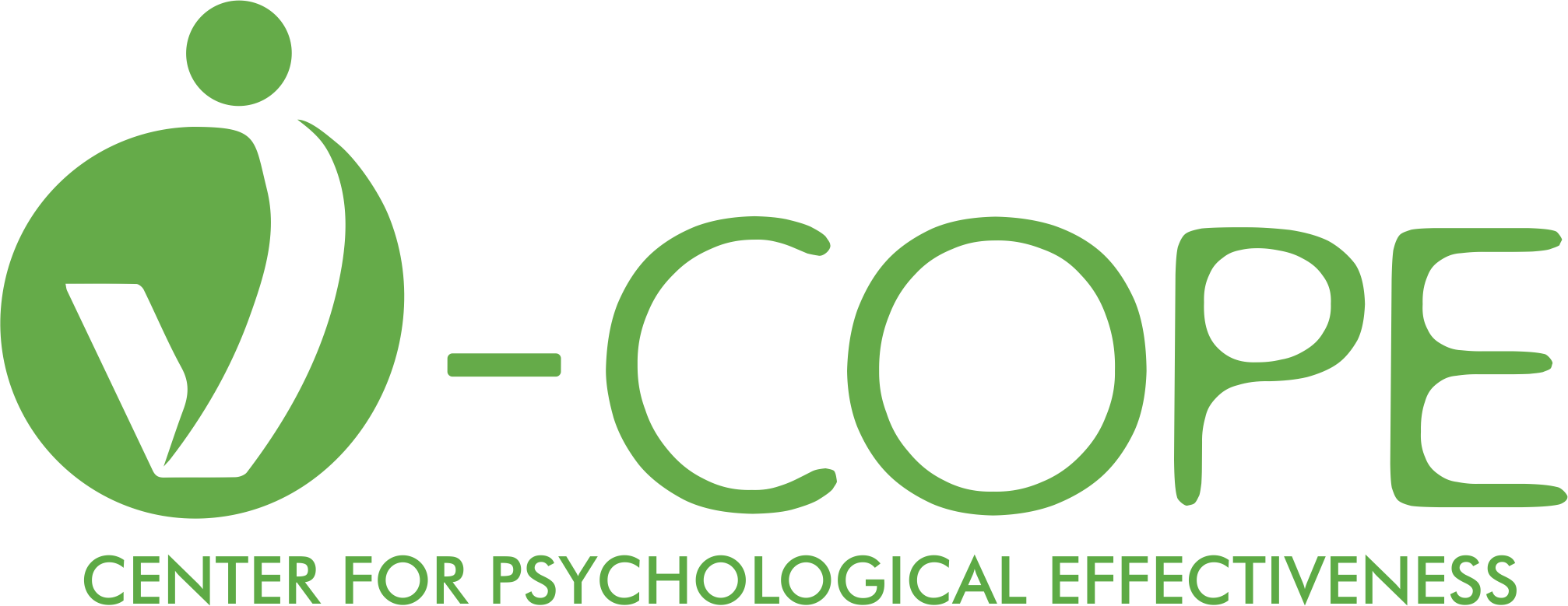V-COPE’s Psychotherapy Program will help you concentrate on the negative thoughts that are still echoing in your mind and helps you to decide which of these beliefs are still relevant and which ones to be replaced with positive thoughts and beliefs.
Psychological Therapies Offered
1.Cognitive Behavioral Therapy (CBT).
2.Eye Movement Desensitization and Reprocessing (EMDR) Therapy.
3.Dialectical Behavioral Therapy (DBT).
4.Cognitive Neuropsychological Rehabilitation.
1. Cognitive Behavioral Therapy (CBT) benefits children and adults who are suffering from depression, OCD, anxiety and other forms of psychiatric disorders. Cognitive Behavioral Therapy involves minimizing anxiety and depression. CBT helps in identifying the negative thoughts and assists in developing alternative positive thoughts. CBT can actually make a difference in both their mood and behavior as well.
Components of Cognitive Behavioral Therapy:
Basically, there are two main components of CBT.
First is, bringing change in behavior and second is bringing change in the thinking process.
Behavioral Change: This treatment is mostly used in case of a person or kid having fear or anxiety. In such a case, CBT uses gradual exposure as the solution, to eventually reprogram their mind about fear or anxiety.
Thinking Change: This is more helpful in case of negative bias, where one is judgmental and thinks that he/she is not good enough. It also helps children with low self-esteem and a generalized negative assumption or core-beliefs about themselves. This Automatic Negative Thought makes people sad and depressed.
CBT is appropriate for:
It is for individuals suffering from depression, OCD, anxiety and other forms of psychiatric disorders having problems with self-strategizing (monitoring, management, regulation). It is effective in children and adolescents with emotional disturbance, depressive disorders, and anxiety disorders.
Minimum Age:
For Cognitive Therapy: Begins with 9 to 10 years old.
For Behavioral Therapy: Much earlier.
Sessions in CBT:
There are a total of 10 to 15 sessions, divided into three categories.
First Session: Meeting with parents. Interviewing, reviewing records, test results, etc. Identifying the triggers, specific behavior and consequences of that behavior. Explaining Progressive Exposure.
Mid-Session: Both child and parents are present. Involves generalization of skills, teaching, and application of these skills in real life. Also, collecting data, monitoring and measuring the progress, which is visible with 5 to 6 sessions.
End Session: Usually results in a confident child, who has overcome and understands the anxiety and learns about the tools to tackle his/her life.
Play therapy is for younger children it allows them to act out their issues through role-playing or they can interact with common issues through dolls and sensory objects which helps them in bringing out the repressed emotions.
2.Eye Movement Desensitization and Reprocessing (EMDR) Therapy
Eye Movement Desensitization and Reprocessing (EMDR) is an integrated psychotherapy approach Therapy that is mainly for the person’s suffering from Post-traumatic stress disorder (PTSD), depression, sexual dysfunction, anxiety, Phobias, eating disorders. The EMDR therapy is a 8 stage process which includes detailed history taking with treatment planning, preparation of the client for the session, Assessment to establish negative feelings in the client and identify positive replacements, processing the mind for an adaptive resolution which includes steps 4 to 7 those are Desensitization, which includes the eye movement technique, Installation session reinforcing positive beliefs in the client, Body scan, to judge whether if the client is now able to bring up memories of trauma without experiencing negative feelings. Closure at the end of the session and Re-evaluation. V-COPE offers effective EMDR therapy, which focuses directly on the memory area itself, and purposively change the way that the memory is stored in the brain, thus diminishing and abolishing the problematic thoughts and symptoms.
3.Dialectical Behavioral Therapy (DBT)
It is a type of Cognitive Behavioral Therapy. DBT may be used to treat suicidal and other self-destructive behaviors. It teaches patients skills to cope with, and change, unhealthy behaviors. Dialectical Behavior Therapy (DBT) provides clients with new skills to manage painful emotions and decrease conflict in relationships. DBT specifically focuses on providing therapeutic skills in four key areas.
Four components of DBT
- Mindfulness—Focuses on improving an individual’s ability to accept and be present in the current moment.
- Distress Tolerance— It increases a person’s tolerance of negative emotion, rather than trying to escape from it. It involves distraction, improving the movement, self-soothing.
- Emotion Regulation—Recognizing and coping with negative emotions and reducing one’s emotional vulnerability by increasing positive emotional experiences. Covers strategies to manage and change intense emotions that are causing problems in a person’s life.
- Interpersonal Effectiveness—How to be assertive in a relationship (for example, expressing needs and saying “no”) but still keeping that relationship positive and healthy. It consists of techniques that allow a person to communicate with others in a way that is assertive, maintains self-respect and strengthens relationships.
4.Cognitive Neuropsychological Rehabilitation
Neuropsychological rehabilitation is a set of therapeutic interventions designed for the betterment of cognitive, emotional, behavioural and psychosocial deficits in the brain since all these functions are interlinked. Interventions include personalized therapy and group psychotherapy, cognitive rehabilitation, and psychoeducation. A Holistic approach towards psychosocial rehabilitation that focuses on personal aspects, physical and social interactions. The V-COPE services include family psychotherapy, psychoeducation, and vocational training.
















